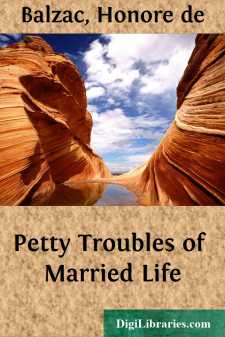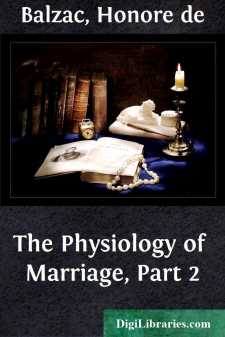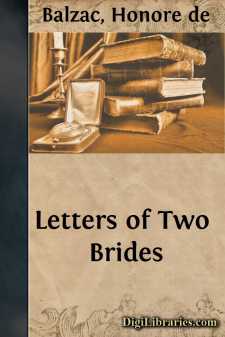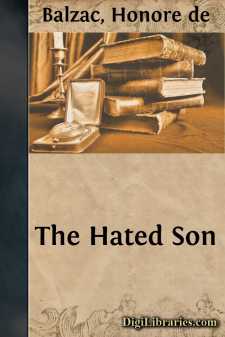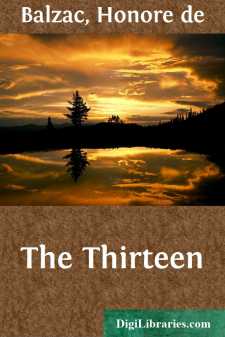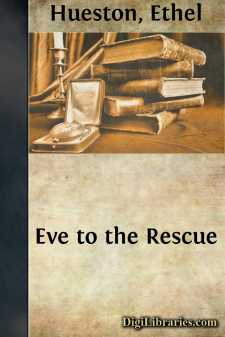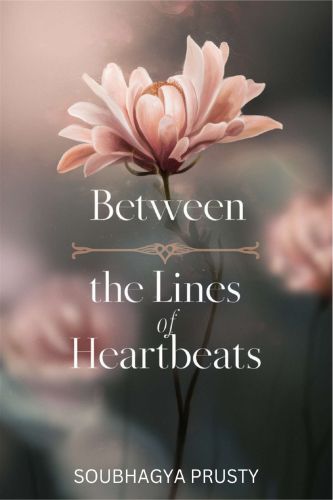Categories
- Antiques & Collectibles 13
- Architecture 36
- Art 48
- Bibles 22
- Biography & Autobiography 813
- Body, Mind & Spirit 142
- Business & Economics 28
- Children's Books 15
- Children's Fiction 12
- Computers 4
- Cooking 94
- Crafts & Hobbies 4
- Drama 346
- Education 46
- Family & Relationships 57
- Fiction 11829
- Games 19
- Gardening 17
- Health & Fitness 34
- History 1377
- House & Home 1
- Humor 147
- Juvenile Fiction 1873
- Juvenile Nonfiction 202
- Language Arts & Disciplines 88
- Law 16
- Literary Collections 686
- Literary Criticism 179
- Mathematics 13
- Medical 41
- Music 40
- Nature 179
- Non-Classifiable 1768
- Performing Arts 7
- Periodicals 1453
- Philosophy 64
- Photography 2
- Poetry 896
- Political Science 203
- Psychology 42
- Reference 154
- Religion 513
- Science 126
- Self-Help 84
- Social Science 81
- Sports & Recreation 34
- Study Aids 3
- Technology & Engineering 59
- Transportation 23
- Travel 463
- True Crime 29
The Commission in Lunacy
by: Honore de Balzac
Categories:
Description:
Excerpt
THE COMMISSION IN LUNACY
In 1828, at about one o'clock one morning, two persons came out of a large house in the Rue du Faubourg Saint-Honore, near the Elysee-Bourbon. One was the famous doctor, Horace Bianchon; the other was one of the most elegant men in Paris, the Baron de Rastignac; they were friends of long standing. Each had sent away his carriage, and no cab was to be seen in the street; but the night was fine, and the pavement dry.
"We will walk as far as the boulevard," said Eugene de Rastignac to Bianchon. "You can get a hackney cab at the club; there is always one to be found there till daybreak. Come with me as far as my house."
"With pleasure."
"Well, and what have you to say about it?"
"About that woman?" said the doctor coldly.
"There I recognize my Bianchon!" exclaimed Rastignac.
"Why, how?"
"Well, my dear fellow, you speak of the Marquise d'Espard as if she were a case for your hospital."
"Do you want to know what I think, Eugene? If you throw over Madame de Nucingen for this Marquise, you will swap a one-eyed horse for a blind one."
"Madame de Nucingen is six-and-thirty, Bianchon."
"And this woman is three-and-thirty," said the doctor quickly.
"Her worst enemies only say six-and-twenty."
"My dear boy, when you really want to know a woman's age, look at her temples and the tip of her nose. Whatever women may achieve with their cosmetics, they can do nothing against those incorruptible witnesses to their experiences. There each year of life has left its stigmata. When a woman's temples are flaccid, seamed, withered in a particular way; when at the tip of her nose you see those minute specks, which look like the imperceptible black smuts which are shed in London by the chimneys in which coal is burnt.... Your servant, sir! That woman is more than thirty. She may be handsome, witty, loving—whatever you please, but she is past thirty, she is arriving at maturity. I do not blame men who attach themselves to that kind of woman; only, a man of your superior distinction must not mistake a winter pippin for a little summer apple, smiling on the bough, and waiting for you to crunch it. Love never goes to study the registers of birth and marriage; no one loves a woman because she is handsome or ugly, stupid or clever; we love because we love."
"Well, for my part, I love for quite other reasons. She is Marquise d'Espard; she was a Blamont-Chauvry; she is the fashion; she has soul; her foot is as pretty as the Duchesse de Berri's; she has perhaps a hundred thousand francs a year—some day, perhaps, I may marry her! In short, she will put me into a position which will enable me to pay my debts."
"I thought you were rich," interrupted Bianchon.
"Bah! I have twenty thousand francs a year—just enough to keep up my stables. I was thoroughly done, my dear fellow, in that Nucingen business; I will tell you about that.—I have got my sisters married; that is the clearest profit I can show since we last met; and I would rather have them provided for than have five hundred thousand francs a year....



